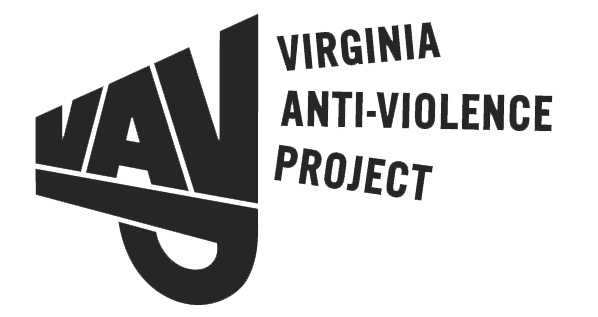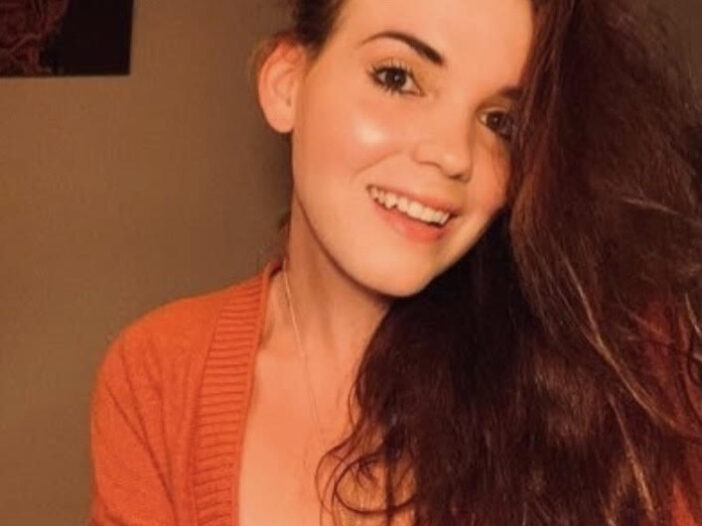Nancy Grim Kells aka Grim makes music as Spartan Jet-Plex and is a recipient of a 2023 Songwriting Fellowship with the Virginia Commission for the Arts. They serve as both a member of VAVP’s Board and a Facilitator/Executive Director at nonprofit, Grimalkin, in Richmond, Virginia, Grimalkin’s mission is to mentor and support trans and queer musicians, particularly BIPOC and disabled artists, using an artist-centered holistic approach to break down barriers, create new systems and structures of support, and expand the reach of marginalized voices. Grim identifies as Non-binary, Agender, and fluidly trans. Grim has a BFA from Tyler School of Art and a MS in Special Education and was a public middle school teacher for 14 years in both Los Angeles and Virginia. They also were a Vocational Counselor for 7 years, and they are currently a Certified Workforce Development Practitioner and Work Incentive Specialist Advocate (WISA). As a disabled and neurodivergent person, disability advocacy is part of the work they do in and out of Grimalkin.
My music is very personal and it helps me process my past and present experiences. I have struggled with my mental health over the years, especially with processing past trauma. Music helps me process it and helps me create something positive from all the darkness in our world and from my past and present.
Purchase “Stop” here.
Lyrics:
I’m in and out
there’s dark and light
sometimes the darkness
wins the fight
there’s demons in the past
I face them down
but it never lasts
these memories come fast
I’ve got to stop
turning me around
don’t know what’s in my mind
sometimes I’m doing fine
I’ve got to stop
turning me around
cannot unwind my mind
not sure what I might find
oh
same is true
for all the dark
light can come inside
bring some small spark alive
I’m in and out
nothing is left or right
sometimes it’s fight or flight
sometimes the future’s bright
I’ve got to stop
turning me around
don’t know what’s in my mind
sometimes I’m doing fine
I’ve got to stop
turning me around
cannot unwind my mind
not sure what I might find
oh
I’m a circle, I’m a second
I’m a holy ghost
feelings hit home so close
nothing that I had hoped
I’m a circle, I’m a second
I’m a holy ghost
the lightness does approach
my mind tries to revolt
I’ve got to stop
turning me around
don’t know what’s in my mind
sometimes I’m doing fine
I’ve got to stop
turning me around
cannot unwind my mind
not sure what I might find
oh



